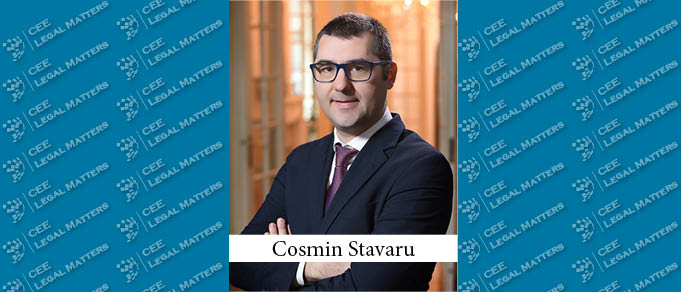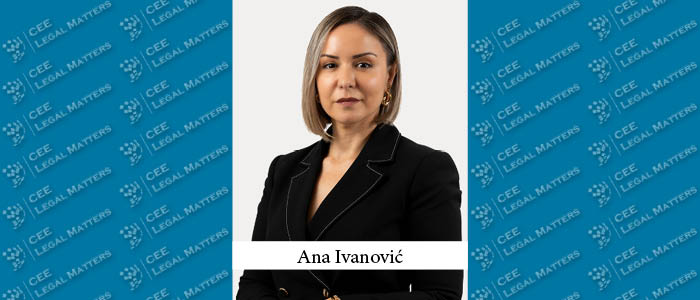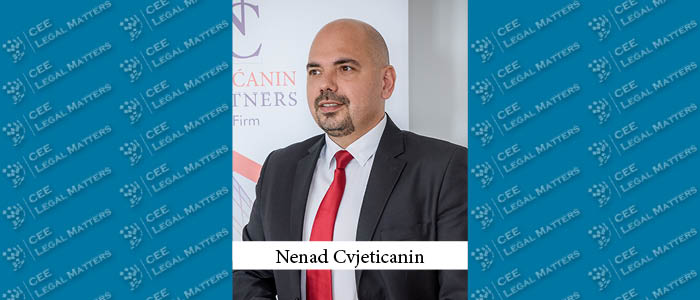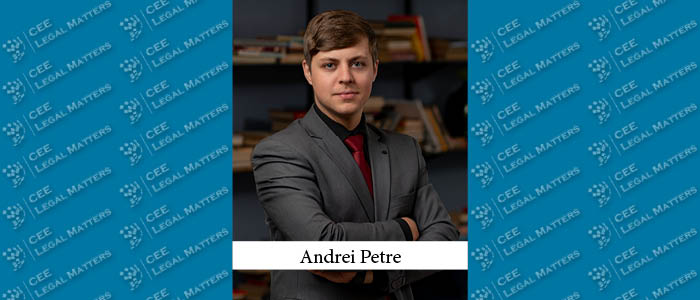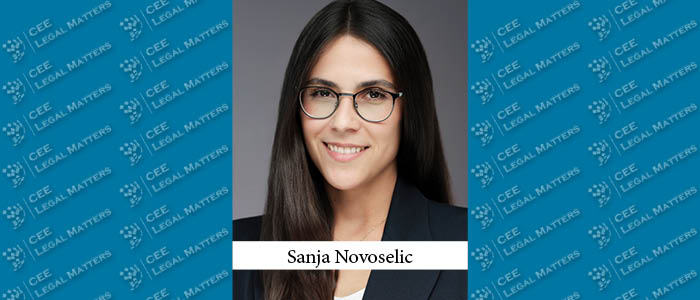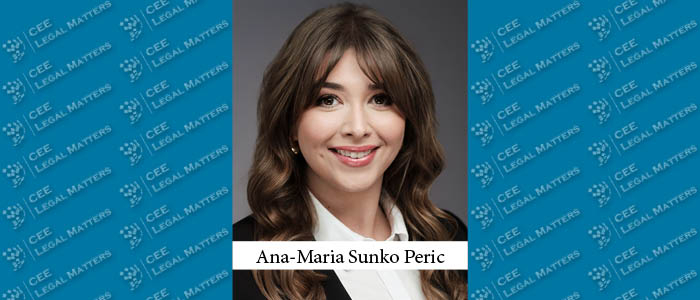As everybody knows, grid connection is a big challenge, perhaps the biggest challenge, the renewables encounter nowadays in Romania and elsewhere. According to the data available on the Romanian TSO website, over 20 GW of wind and solar projects seem to have obtained grid connection endorsement (Romanian: aviz tehnic de racordare – “ATR”) to the extent the total installed capacity in the country is about 18.5 GW and the consumption does not expect a serious take-off in the foreseeable future. An even bigger capacity might be in the queue to obtain ATR.
AI Act – New Rules for Tech Companies
The adoption of the Artificial Intelligence Act means a wide range of responsibilities for tech businesses in the European Union. This article guides through the new regulatory framework and its practical implications.
Montenegro's Evolving Legal Landscape: Recent Amendments and Controversies in Games of Chance Regulation
Montenegro's Law on Games of Chance (the "Law") was enacted in 2004 and has undergone multiple amendments since. The most recent ones came into effect on 1 January 2024. The aim of the amendments, as stated by the competent authorities, is to ensure a sustainable regulatory system for organising games of chance via the internet or other telecommunication means, as well as to generate additional revenue from these activities.
Recent Changes in Hungarian E-Commerce and Consumer Protection Regulations
Since early 2024, Hungarian legislative efforts have brought about several updates to consumer protection regulations. Ranging from novelties in consumer complaints and related processes, increased consumer protections fines, expanded rights of the consumer protection and competition authority to an unexpected obligation imposed on e-commerce providers to include the local postal delivery provider as a delivery option, changes to the sector have been diverse.
Artificial Intelligence Regulatory Landscape: EU and Ukraine
The challenges posed by rapid technological advancements and potential risks associated with AI continue to grow. Data protection, cybersecurity, and IP considerations, to name a few. With this in mind, policymakers strongly believe that it is crucial to establish a legal framework regulating, among others, the development and use of AI.
Hungarian Legislation Reform Related to Centralised Procurement for Institutional Pharmacies
The governmental decree published on 22 February (No. 33/2024 (II. 22.)) sets forth the establishment of a new project company to manage the provision of inpatient pharmaceuticals in all public hospitals, as well as those private hospitals that choose to join the initiative. The Decree is a follow up to the amendments in the Medicines Thrift Act (Act XCVIII of 2006) from July 2023, which stipulated the basic conditions for a “unified institutional pharmacy service” for public hospitals. The project company shall be operational from January 2025.
The Government Adopted Secondary Legislation to Launch Renewable Energy Guarantees of Origin
On 27 February 2024, the Cabinet of Ministers of Ukraine approved the Procedure for Issuing, Circulating and Redeeming Guarantees of Origin for Electricity Generated from Renewable Energy Sources and the Procedure for Determining the Environmental Value of Electricity Generated from Renewable Energy Sources.
Open Balkans Unified Labor Market and Some Insights in Foreigners’ Procedures
The Single Open Balkans Labor Market, comprised of Serbia, Albania, and North Macedonia, has commenced on Friday, March 1. This means that all citizens of the mentioned countries will be able to obtain employment in any of the countries within this initiative through the simplest procedure possible.
MC, FDI, and FSR – Or the Three Game-Changing Acronyms for Investment Control in Romania
While the business landscape is well-acquainted with the established Merger Control regime (MC), characterized by extensive practice and ongoing efforts by the Competition Council to streamline processes, attention must also be directed towards two additional control regimes that have been implemented: the investment control regime and the subsidy control regime.
Croatian Legal Framework for Aparthotels – Pros and Cons to Consider Prior to Investment
Croatia ranks third among European Union countries in terms of home ownership, with a significant 91% of Croatians residing in real properties they either own or are owned by a household member. Typically, Croatians primarily use these owned residential properties for personal residential purposes. However, residential real property ownership is also regarded as a lucrative investment avenue. Individuals and companies often invest in real properties, either residential or commercial, on a buy-to-let model. In recent years, a hybrid model of aparthotels arose on the Adriatic coast, in the spatial zones designated for tourism industry. The model allows private investors to own a condominium unit in the tourism zone, utilising it for a specific period annually while deriving profit from its commercial use for the remaining period.
ESG in Bulgaria – Five Factors to Watch in 2024
One of the significant questions concerning ESG issues is the cost of transitioning to a more sustainable business environment. Will it result in increased financing costs and restricted access to new borrowing, or will it, on the contrary, lead to the development of new market segments and gradual change? While we cannot provide definitive answers to these questions, in this article, we will examine five ESG drivers and regulatory changes that will be pivotal in 2024. From the introduction of the New Green Asset Ratio to the Corporate Sustainability Due Diligence Directive (CSDDD/CS3D), we will explore the conditions associated with these new requirements and the potential penalties for non-compliance.
Bid Rigging – Navigating Between Competition and Public Procurement Worlds
In public procurement, the term bid rigging (also called collusive tendering) describes unlawful agreements between bidders with the intention of distorting the competition in award procedures and allowing a preferred tenderer to win the public contract while giving the impression that the process is truly competitive. The hidden agenda is often to force a high contract price that is not appropriate given the state of the market.
Ukraine Takes Ground-breaking Step by Legalising Medical Cannabis to Enhance Patient Care
The President of Ukraine has officially signed Law No. 3528-IX “On Amendments to Certain Laws of Ukraine Regarding the State Regulation of Cannabis Plants for Use in Educational Purposes, Educational, Scientific and Scientific-Technical Activities, drugs production, Psychotropic Substances and medicinal products with the aim of increasing patients’ access to the necessary treatment” simply known as the law on cannabis legalisation (the “Medical Cannabis Law”). The Medical Cannabis Law sets forth regulations governing the use of cannabis for educational, scientific, and medical purposes.
Legal Amendments Changing General Aspects of the Business
This Section includes information on legal acts implementing new rules or amendments, published in the Official Journal of the Republic of Moldova, referring to corporate, employment, social, taxation, customs, environment, and other matters. This Section also includes draft legislation of any direct or indirect relevance to the Company; as well as the temporary legislative measures approved pursuant to the state of emergency in the Republic of Moldova.
Bulgarian Competition Authority Sets Enforcement Priorities for 2024
Earlier this month, Bulgaria’s Competition Protection Commission (CPC) unveiled its strategic priorities for 2024, identifying sectors and activities that warrant increased regulatory scrutiny. These priorities will guide the CPC’s operational functions, which include market monitoring, signal verification, the initiation of administrative proceedings, market investigations, and ongoing enforcement actions.
Focus on Wind, Electricity Storage, and Phasing Out Lignites
Having a somewhat steady Government and Parliament since mid-2023 has led to more predictability in the Bulgarian regulatory environment for renewables. In October 2023, some important and significant changes to the RES Act entered into force, thus solidifying local support for renewable energy.
Bulgaria Updates its Copyright Act in Line with the DSM and CabSat Directives
The Bulgarian Parliament adopted amendments to the Copyright and Neighbouring Rights Act (CNRA) in December 2023 to transpose the Digital Single Market Directive (EU) 2019/ 790 and the CabSat Directive (EU) 2019/789.
M&A in Bulgaria: A Positive Outlook
Deal activity (both in terms of value and volume) dropped at the end of 2023 and the start of 2024. This is hardly surprising considering the overall unstable international environment and the variety of destabilizing factors at play. Regardless, we see signs of recovery.

